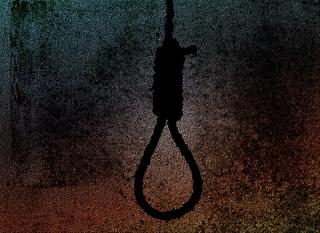Hugo Westcombe, from the age of fourteen, wanted to write the next Great American novel after reading an article in his much coveted New Yorker magazine that he stole from a local library. Hugo did not want to write fiction. He wanted to write literature. Literature. Capital L. Hugo read a lot but from a very narrow selection of authors. He did not want to sully his mind or degrade his literary voice.
Hugo wasn’t well liked in college, but his peers and teachers did find him to be a good writer. Erudite. However, he used unusual words that were also out of date. It was as if he randomly selected words from the dictionary.
Hugo detested criticism of his words and considered most people stupid and uncultured. Hugo had few friends.
After college, he worked for a publishing house in New York City. He struggled for fifteen years to write his novel. The years made him bitter and imperious. But in his 37th year, he believed he had finally written the next Great American novel. After, 100 rejections he found a publisher who agreed that it was a great American novel.
People bought the book. People read the book. Something weird soon began to happen. People began dying. Not naturally. Many people who read the book were committing suicide. An intrepid police office in New York made the connection. People were writing suicide notes in the margin of the book. The news stations ran stories.
“It’s ridiculous,” said a professor who was brought on as an expert.
“The Great American novel?” asked the news anchor.
“No. That a book could trigger suicide. That the Great American novel is a suicide seed.”
Hugo was pleased and amused until sales began dropping off and social media channels were warning people about the book. Hugo’s publisher dropped him. Bookstores chucked the book rather than placing in bargain bins. Soon the Great American novel disappeared. Hugo, devastated, wrote a final chapter to the book and then took his life.
“Goodbye, America,” said Hugo as he jumped to his death. He ended up on page 10 of the New York Times.
This was America. Grand funerals for extinguished literary lights did not occur. Besides. Page 1 declared the Great American novel to be dead.
